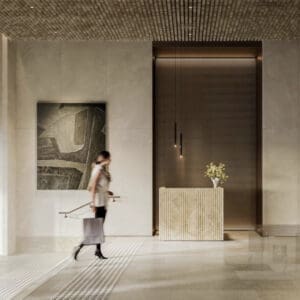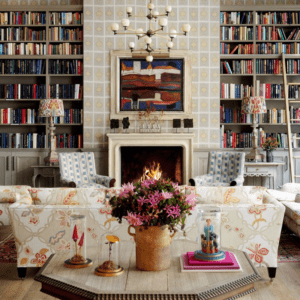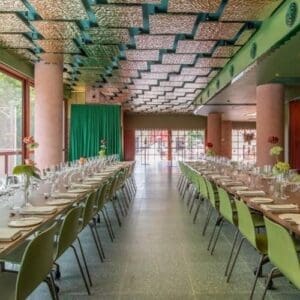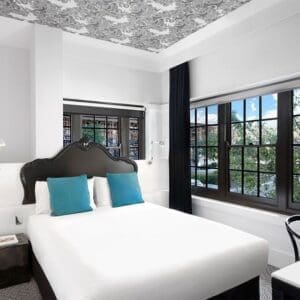 The fifth annual Chinese International Travel Monitor released by Hotels.com™, has revealed ninety two percent of Chinese travellers plan to increase or maintain spending and one-third of them plan to spend more on travel in the coming year – despite the slowing economy.
The fifth annual Chinese International Travel Monitor released by Hotels.com™, has revealed ninety two percent of Chinese travellers plan to increase or maintain spending and one-third of them plan to spend more on travel in the coming year – despite the slowing economy.
The survey used Ipsos, a world leader in market research, which in May 2016 surveyed 3,000 Chinese travellers. To complement this data with opinions of hoteliers, Hotels.com carried out a global survey of 5,800 accommodation partners.
China continues to be the top global spender in terms of tourism expenditure, and the potential for growth with the market is enormous with only 5 percent of the nearly 1.4 billion Chinese citizens currently holding passports.
Some 120 million Chinese travelled overseas in 2015, up from 117 million in 2014, the year when the milestone of 100 million was first passed. This year’s report shows two-thirds of outbound Chinese travellers consider travel to be an essential part of life – and are prepared to spend nearly a quarter of their income on travel, providing operators with enormous growth opportunity.
Katherine Cole, Regional Director Australia and New Zealand for the Hotels.com brand encouraged hoteliers to avoid taking a one-size-fits-all approach to attracting Chinese Travellers.
“Perceptions of Chinese travellers wanting only Chinese breakfasts and Mandarin translations are out dated. Our research shows that the industry needs to move decisively to develop new products and marketing strategies for the far more sophisticated Chinese traveller of today”.
To help the industry cope with these more independent and diverse travellers, Chinese International Travel Monitor 2016 reveals five travel personas that Chinese travellers fall in to.
- Detailed explorers (25%): Born in the 60s and 70s, they are innovative and optimistic, like to learn and explore and to plan their trips down to the last detail.
- Cautious connectors (25%): Also born in the 60s and 70s. They come from lower-tier cities and responsible family people and travel to bond with loved ones. They prefer safe, family-friendly hotels.
- Experience seekers (17%): Tend to be born in the 80s and 90s and be from top-tier cities. They like stylish hotels and professional advice on local cultural activities. They travel to enrich their experience, being independent and ambitious.
- Indulgers (12%): Most likely born in the 80s, they travel to indulge themselves and to demonstrate their power. They tend to stay at higher-star hotels and go on adventurous local tours.
- Basic pleasure seekers (21%): Millennials born in the 90s and unlike other groups, more of them are women than men. They are aesthetically minded and travel for non-material enjoyment, seeking value-for-money accommodation.
Drew Bowering, Director Market Management, Expedia Australia, said: “As more hotels compete for Chinese travellers, hoteliers can effectively utilise these persona insights and look at how they position their offering for these groups.”
Where hoteliers need to lift their game
While safety, comfort, star rating, facilities and price are still top of the list of important factors considered by Chinese travellers when choosing accommodation, they dropped each 5% on the previous year’s findings.
Chinese travellers had a number of other demands for services that were listed as being not only important but greatly in need of improvement, including UnionPay facilities, Chinese restaurants on-site, Mandarin-speaking staff and app-based customer service.
The top five most common requests made by Chinese guests and what hotels are currently offering
| Top requests made by Chinese guests | Hotels services/products for Chinese guests |
| 1. Free wifi (71%)
2. Kettle (29%) 3. Chinese breakfast (20%) 4. Slippers (19%) 5. Translated travel/tourism guides (17) |
45% offered free wifi; 46% plan to offer
8% provide kettles; 34% plan to offer 5% offered; 14% plan to offer 2% provided slippers; 25% plan to offer 15% provided translated ravel/tourism guides; 16% plan to offer |
The survey also highlighted that Chinese travellers are highly connected and truly digital, with 99% of Chinese travellers carry digital equipment such as mobile phones, cameras and tablets when they travel. The same behavior extends to the booking of accommodation as the majority of them (74%) use online travel agencies to book their accommodation. True to their connected lifestyle, over 62% of bookings were made via mobile, up 10% on the previous year’s survey.
“These results highlight that our hotel partners should ensure mobile is key to their distribution strategy. In 2015, Expedia spent more than A$1 billion on technology development, including in the mobile area, which has resulted in one in four room nights made through mobile. Through Expedia Partner Central, hoteliers can create specific mobile deals targeted to the tech-savvy Chinese travellers,” said Mr Bowering.















